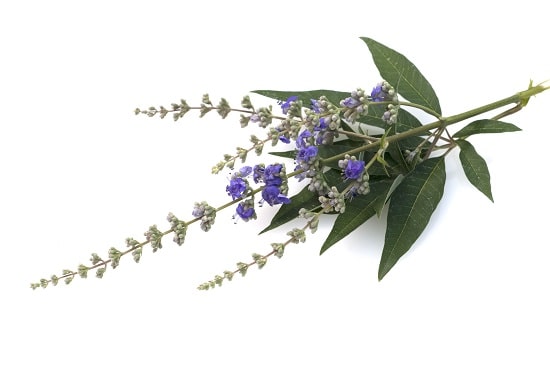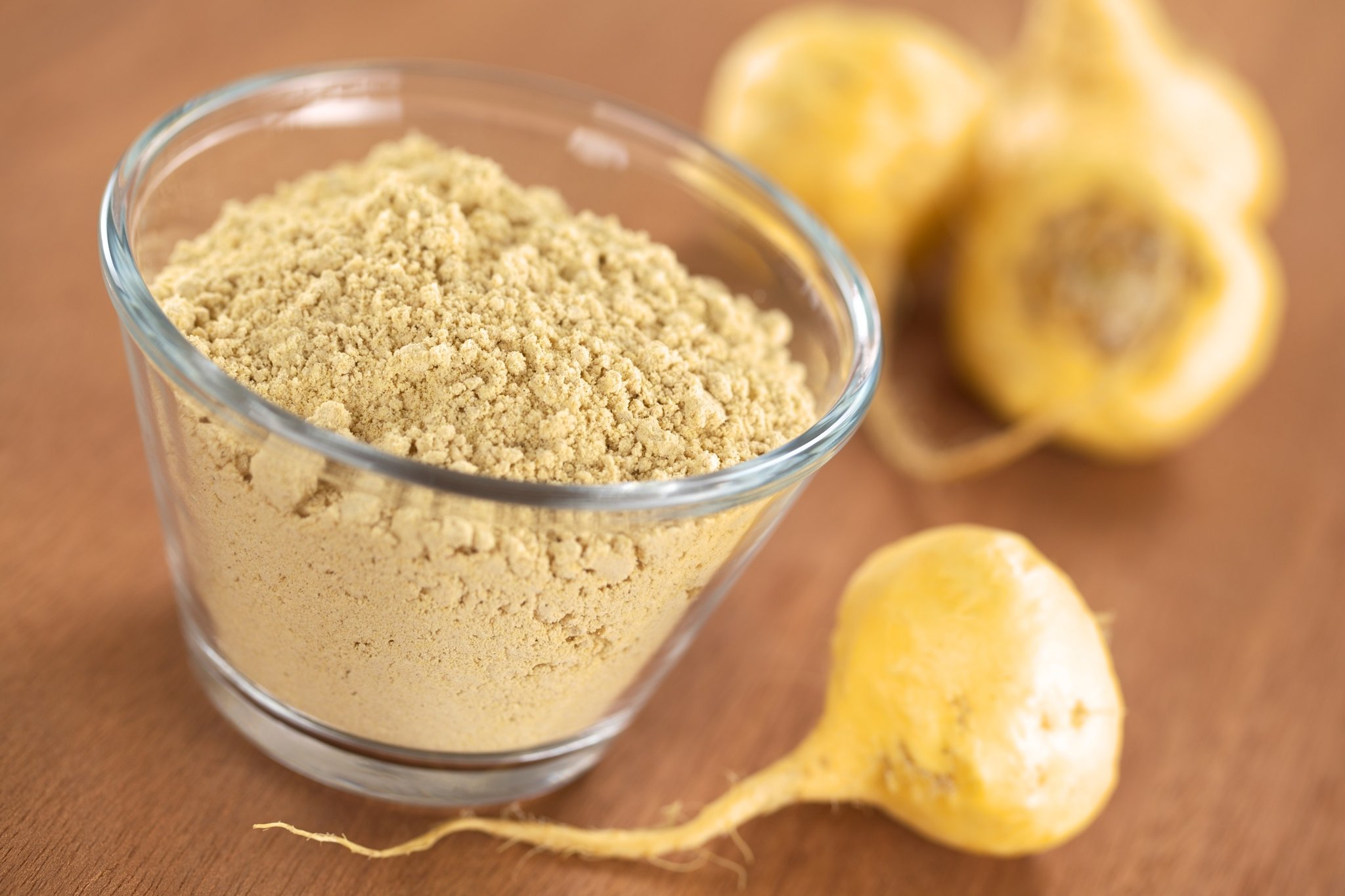Vitex vs. Maca - What's the Difference?
When it comes to reproductive issues, many herbal supplements claim to have beneficial properties for both male and female fertility. Two such supplements, Vitex (Agnus-Castus) and Maca Root, are widely used to help treat or benefit a variety of conditions. So, what’s the benefit of using one over the other? Here is the run down on each…
Vitex
Vitex is the genus name of over 250 species of plants in the Verbenaceae family. You will likely see Vitex Agnus-Castus supplements advertised simply as Vitex capsules but rest assured that they contain extracts from the fruit of the chaste tree (pictured on the right), known sometimes as chasteberries or monkspepper.
The major benefit of Vitex is that it helps to generally balance hormones. Therefore, Vitex can help with PMS, menopause, and female fertility issues. Vitex causes a decrease in the hormone prolactin which helps to balance the other hormones in the body as well, including estrogen and progesterone. Women taking Vitex have been known to experience an improvement in PMS symptoms such as depression, anxiety, cravings, mood swings, headaches, and breast tenderness.
The decrease of prolactin levels has also helped to improve fertility in women with Luteal Phase Defect due to high prolactin levels. This disorder is characterized by a shortened second half of the menstrual cycle, which can be linked to high levels of prolactin (amongst other issues, such a low progesterone), causing infertility. Even for women not trying to get pregnant, lowering high prolactin levels with Vitex can help to stabilize the menstrual cycle resulting in more regular periods.
While the hormone balancing effect of Vitex can have some effect on the symptoms of menopause, the research in this area provides mixed results. Some women have experienced some improvement in mood and sleep patterns while taking Vitex but, studies show little to no difference between women taking Vitex and women taking a placebo.
Additionally, there is limited evidence for Vitex helping with headaches, bone repair, cavity prevention, and cancer, but these are sometimes mentioned in the list of Vitex’s actions.
Vitex, however, is not good for nursing mothers. Prolactin is one of the main hormones that controls the production of breastmilk body that nursing mothers produce in higher levels. Hormone sensitive conditions such as endometriosis, uterine fibroids, or breast, uterine, or ovarian cancers can also be affected by Vitex, so its use is not recommended for people with these conditions.
Maca Root
Maca is a cruciferous vegetable native to Peru with a long medicinal and culinary history in the country. Research, however, on maca is relatively new so therefore fairly limited. Traditionally, maca has been used to treat fertility and libido, but it may have other health benefits.
Unlike Vitex, the fertility benefits of maca are for males and not females. Consistent ingestion of maca over a period of several months has been shown to increase volume, count, and motility of sperm in both infertile and healthy men.
Both men and women alike, however, can benefit from the libido increasing effects of maca. Studies show that, once again after continued use – at least six weeks – sexual desire can increase.
An additional benefit of maca is improvement of menopausal symptoms. A study has shown that women experienced relief from hot flashes, interrupted sleep patterns, and depression. Research into this benefit of maca is recent and more is still being determined.
Maca has also been known to improve mood and increase energy. Sometimes used by athletes, maca has shown increased sports performance, especially in endurance events. Lesser known effects of maca are improved learning and memory and reduction of prostate size.
Overall, the benefits of maca are less studied than those of Vitex. Maca’s long history of use in Peru for fertility and libido does speak to its effectiveness in those areas, at least empirically. Maca is also rich in vitamins and minerals, however, and could be a useful addition to your diet simply for its nutritional value.
If you think you are suffering from a hormonal imbalance, infertility, or other health issue - it is best to consult with a doctor before self-prescribing any supplements. The team at Denver Holistic Medicine utilizes a natural approach to women’s health, combining acupuncture, herbal medicine , as well as optimal nutrition and lifestyle counseling to provide a holistic and highly effective system of healthcare to women and children of all ages. Learn more about our services here or contact us today.




